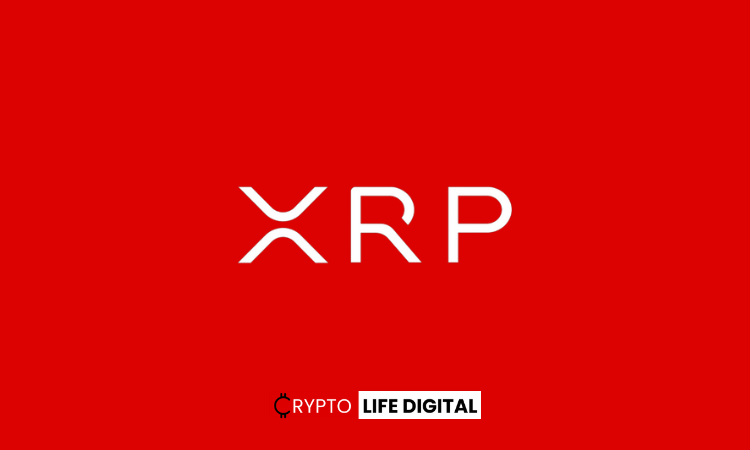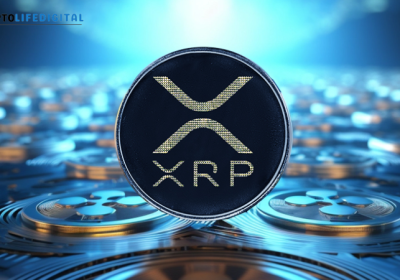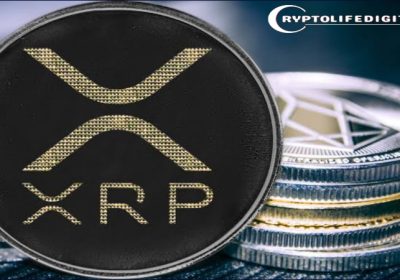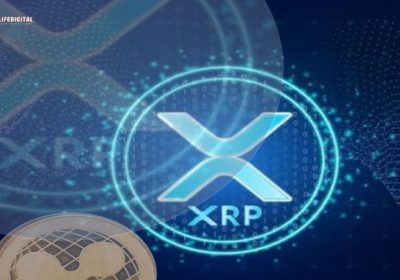BinanceUS Engages XRP Community with Educational Twitter Poll on Consensus Algorithms

BinanceUS, one of the leading cryptocurrency exchanges, has taken a creative approach to engaging its Twitter followers and customers by launching an intriguing and educational Twitter poll centred around the XRP community. The poll aims to enhance users’ understanding of distinct blockchain consensus algorithms while spotlighting the unique consensus mechanism employed by the XRP network to address issues such as high latency and the Byzantine Generals Problem.
Read Also: Terra Classic Community Passes Crucial Proposals to Address USTC Stability
#Crypto Trivia 📝
While many consensus algorithms try to solve the Byzantine Generals Problem as it relates to distributed payment systems, many suffer issues such as high latency.
XRP attempts to bypass this by utilizing collectively-trusted subnetworks also known as what?
— Binance.US 🇺🇸 (@BinanceUS) August 9, 2023
BinanceUS designs a Poll termed Crypto trivia
The poll, designed as a crypto trivia, presents a question that delves into the complexities of consensus algorithms, a crucial aspect of distributed payment systems. The question reads: “While many consensus algorithms try to solve the Byzantine Generals Problem as it relates to distributed payment systems, many suffer issues such as high latency. XRP attempts to bypass this by utilizing collectively-trusted subnetworks also known as what?” The poll then offers four options for users to choose from:
- Proof of Work (PoW)
- Proof of Stake (PoS)
- Ripple Protocol CA (RPCA)
- Delegated Proof of Stake (DPoS)
The XRP community members are encouraged to select the consensus mechanism they believe the XRP Ledger (XRPL) utilizes. The corresponding vote data reveals a commendable level of knowledge within the community regarding the design of the XRPL network. However, a portion of voters selected incorrect options, indicating the complexity of the topic and the need for educational initiatives.
As of the time of writing, a total of 268 users have participated in the poll, with 15 hours remaining before it concludes. The voting distribution stands as follows:
- 25% of voters indicated that the XRP network operates on the proof of work concept.
- 8% of voters believed that the XRP Ledger is based on proof of stake.
- 9% selected the Delegated Proof of Stake option.
- Notably, 40.3% of participants correctly identified Ripple Protocol CA (RPCA) as the consensus algorithm adopted by the XRP network.
Ripple Protocol CA (RPCA) plays a crucial role in enabling XRP Ledger nodes to achieve consensus on transaction states and maintain ledger accuracy without relying on a central authority. This consensus mechanism has been designed to counter high latency problems by leveraging collectively-trusted subnetworks known as “Unique Node Lists” (UNLs). These subnetworks consist of trusted validators, aiding in expediting the consensus process. The adoption of subnetworks highlights the decentralized nature of the XRP Ledger.
XRP tackles the high latency problem by using collectively-trusted subnetworks called "UNLs" or "Unique Node Lists".
These subnetworks have trusted validators that help reach consensus faster.
— Amrut Patil🚢 (@realamrutpatil) August 9, 2023
Amrut Patil, a software engineering expert, further shed light on the consensus mechanism of the XRP network. He elucidated that the XRP Ledger utilizes Unique Node Lists (UNLs) to mitigate high latency issues. These subnetworks are composed of authorized validators, contributing to faster consensus achievement. Patil’s insights reinforce the technical intricacies and innovation behind XRP’s consensus algorithm.
XRP’s consensus algorithm suffers from the criticism
Despite its technical merits, XRP’s consensus algorithm has encountered criticism from certain industry participants who argue that the network lacks sufficient decentralization. Concerns have been raised regarding the role of the XRP Ledger Foundation (XRPLF) in defining node operators in the default Unique Node List (NL). In response, Ripple’s Chief Technology Officer, David Schwartz, clarified that the XRPLF does not possess an enforceable right to dictate validator node operators on the XRPL, emphasizing the network’s commitment to decentralization.
BinanceUS’s thought-provoking Twitter poll not only showcases the XRP community’s knowledge but also highlights the complexities and ongoing debates within the cryptocurrency ecosystem regarding consensus mechanisms and decentralization.
As the cryptocurrency landscape continues to evolve, initiatives like these play a vital role in educating and engaging users while fostering discussions on the technical and philosophical aspects of blockchain networks.
Follow us on Twitter, Facebook, Telegram, and Google News.

Dr. Olajide Samuel juggles the demands of medical studies with a passion for cryptocurrency. A seasoned blogger, Olajide shares his vast global knowledge of the crypto space, offering insights to enthusiasts. Despite his busy schedule, his commitment to crypto remains strong, and he actively seeks ways to contribute to its future.










